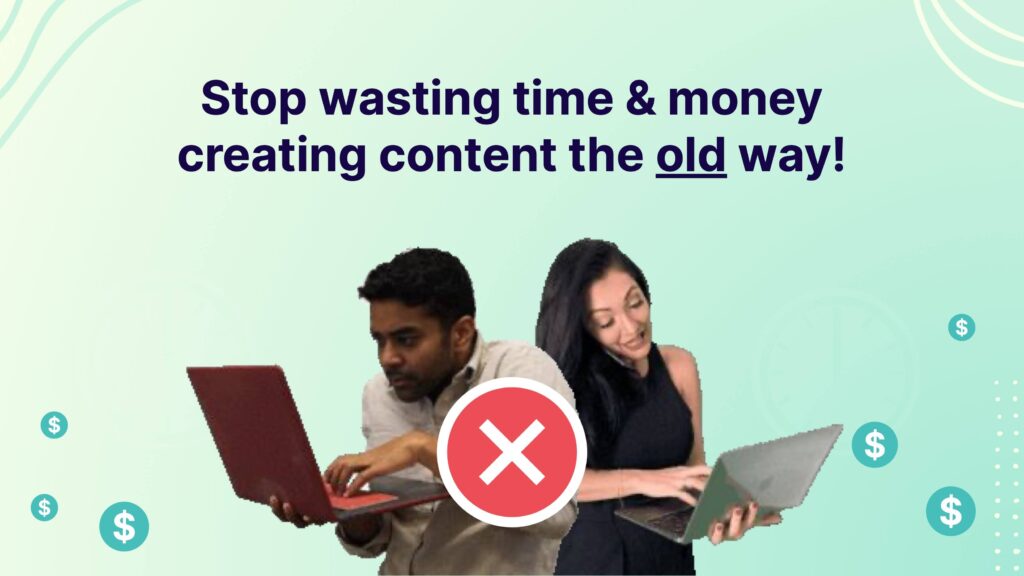
Government Regulation and Insurance Gold Card Programs
In the realm of public assistance, Government Regulation and Insurance Gold Card Programs play an essential role. These initiatives aim to provide quality healthcare access to lower-income individuals, especially those with no health insurance coverage. Understanding the interplay between government regulation and these programs can provide insights into current welfare efforts and the potential for significant improvements in public health systems.
What are Insurance Gold Card Programs?
Generally, Insurance Gold Card Programs are initiatives aimed at assisting individuals who cannot afford standard health insurance. They offer low-cost healthcare to people who cannot qualify for other programs like Medicaid or Medicare due to financial restrictions or age limitations. Benefits usually include discounts on hospital stays, doctor’s appointments, tests, and prescription medications.
The Gold Card Program is one such example. It’s a public assistance program initiated by the Harris Health System, primarily targeted towards Harris County residents in Texas. It provides subsidized healthcare services based on the individual’s income and household size.
- Essential Role of Government Regulation: Government regulation plays an integral part in activities such as the establishment, implementation, and efficient running of Gold Card Programs and their counterparts across the nation. Here’s how:
- Standardizing Policies and Practices: Government regulations establish the rules for insurance programs. They make explicit the criteria for eligibility, range of benefits, service pricing, and other operational details. Regulatory standards ensure uniform practices across different states and prevent exploitation of beneficiaries.
- Ensuring Quality of Service: It is under government regulations that these programs maintain high-quality healthcare services. It implies aligning with the medical standards set by health departments and having adequate resources to deliver their mandate.
- Protecting Consumer Interests: Government regulations provide avenues for beneficiaries to report grievances and seek redress. They help to safeguard the rights of consumers and ensure that they receive the appropriate value for their participation in such programs.
- Promoting Fair Access: Through non-discriminatory regulations, the government promotes the fair distribution of resources and accessibility to all eligible persons regardless of their race, religion, gender, or social status.
- Challenges and Opportunities: While there are myriad benefits associated with these programs and government regulation, challenges persist. One major issue today is the complexity of the regulatory environment. Overlapping rules from different regulatory bodies can lead to confusion and potential inefficiencies in service delivery. Thus, there is room for improvement in simplifying the regulatory framework without compromising quality and fairness. Furthermore, although these programs aim to help the uninsured and underinsured, there still remains a sizeable population unaware of their existence or eligibility. Efforts to enhance awareness and ease the enrollment process could potentially help more of these individuals gain access to much-needed healthcare.
Conclusion
Insurance Gold Card Programs, under the auspices of government regulations, have undeniably had a significant impact on public health, especially for the uninsured and underinsured. More than providing an essential lifeline, they are evidence of our society’s efforts towards equity and accessibility in healthcare. However, it is essential to continually address the challenges faced to enhance the efficiency and effectiveness of these programs to truly advance public health access for all.
The American Medical Association and MyStaffology have written on this topic.










